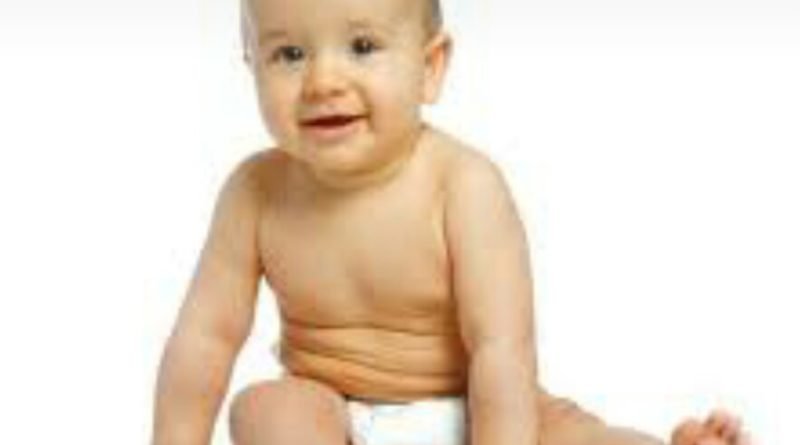“These days, some people have a selfish idea that it is better not to have children.”
The prime minister, Shinzo Abe, has vowed to raise the birthrate and the number of women in the workplace, but his government is struggling to deliver on promises to meet demand for childcare places.
In a recent survey, 70% of parents said they would like more children but were deterred from having bigger families by financial worries and difficulties balancing work with home life.
Almost 348,000 children have been denied places at childcare facilities, according to a recent report by the Nomura Research Institute, suggesting Abe will struggle to achieve his goal of raising the number of working women aged 25-44 to 80% over the next five years.
Nikai is one of several LDP politicians to have drawn criticism for telling couples to have bigger families. In May, Kanji Kato, a lower house MP, said women should have multiple children and warned those who preferred to remain single that they would become a burden on the state later in life.
Later that month, Koichi Hagiuda, the party’s executive acting secretary general and an Abe confidante, said childrearing was a woman’s job, and suggested that being raised by their fathers could impair children’s development.
“We talk about cool ideas such as gender equality and men’s involvement in childrearing, but they are unwelcome ideas for children,” Kyodo quoted Hagiuda as saying.
About 941,000 children were born in Japan last year, the lowest number since records began in 1899. The country’s birthrate remains low despite the introduction of financial and other incentives to encourage couples to have bigger families.
Among 32 countries with a population of 40 million or more, Japan ranks lowest in terms of the percentage of children in the overall population, at 12.3%, according to the UN demographic yearbook.
Courtesy: The Guardian




